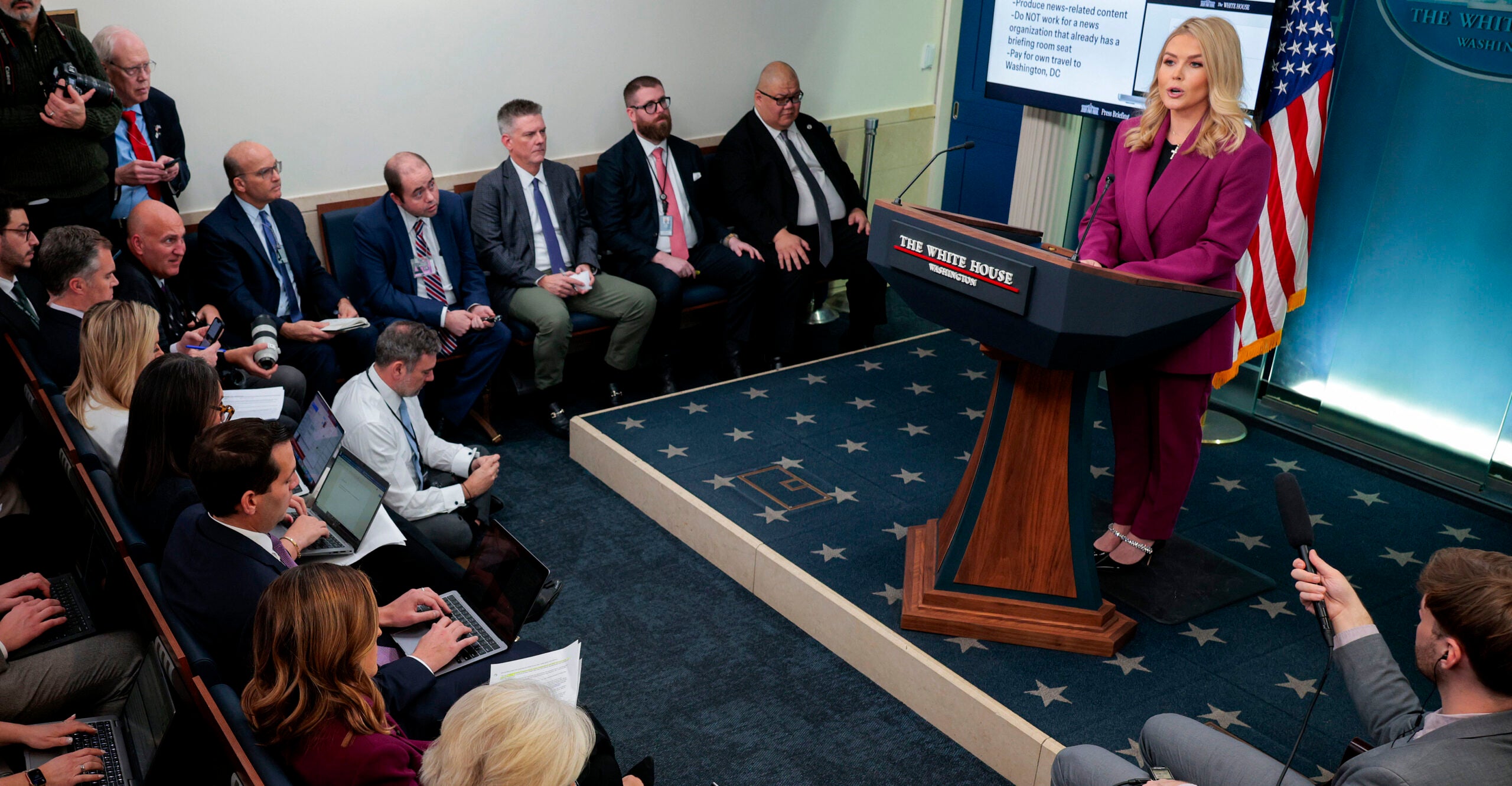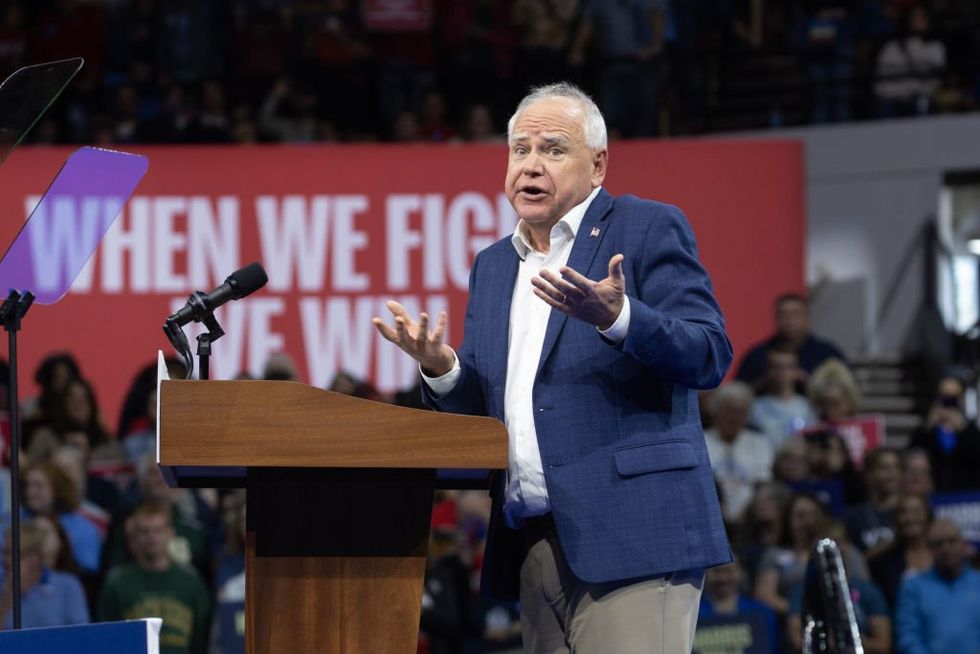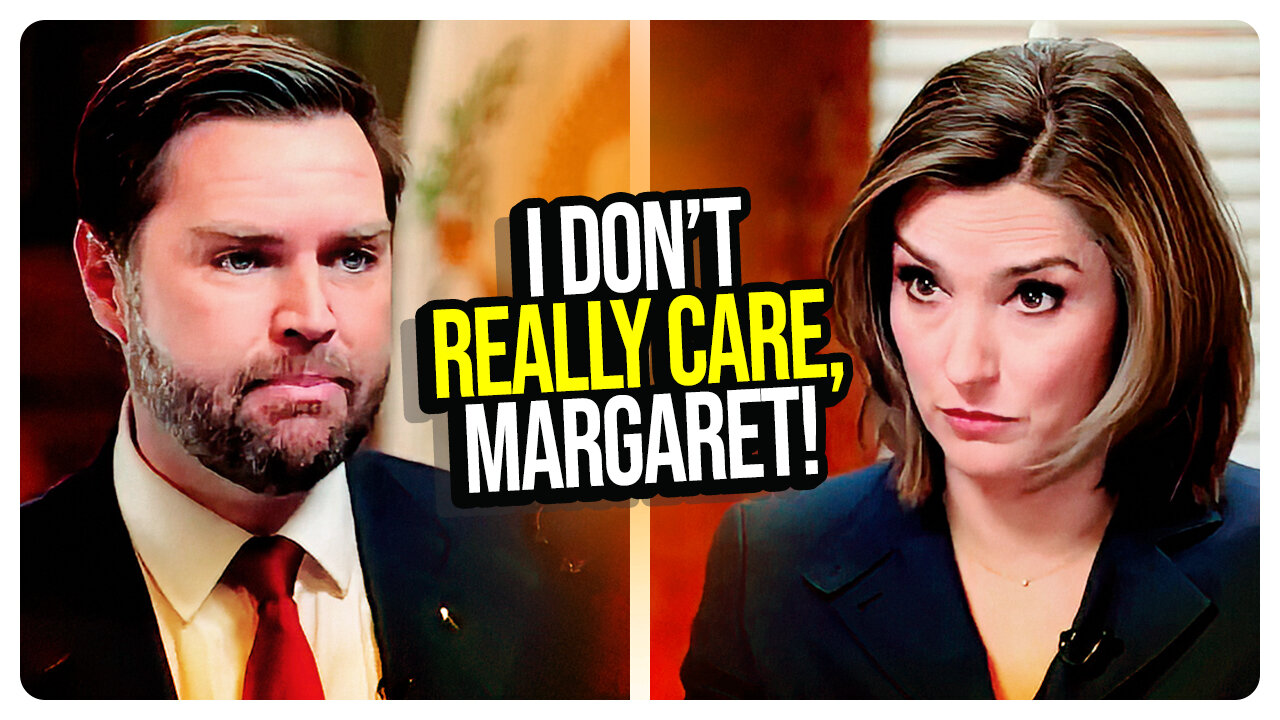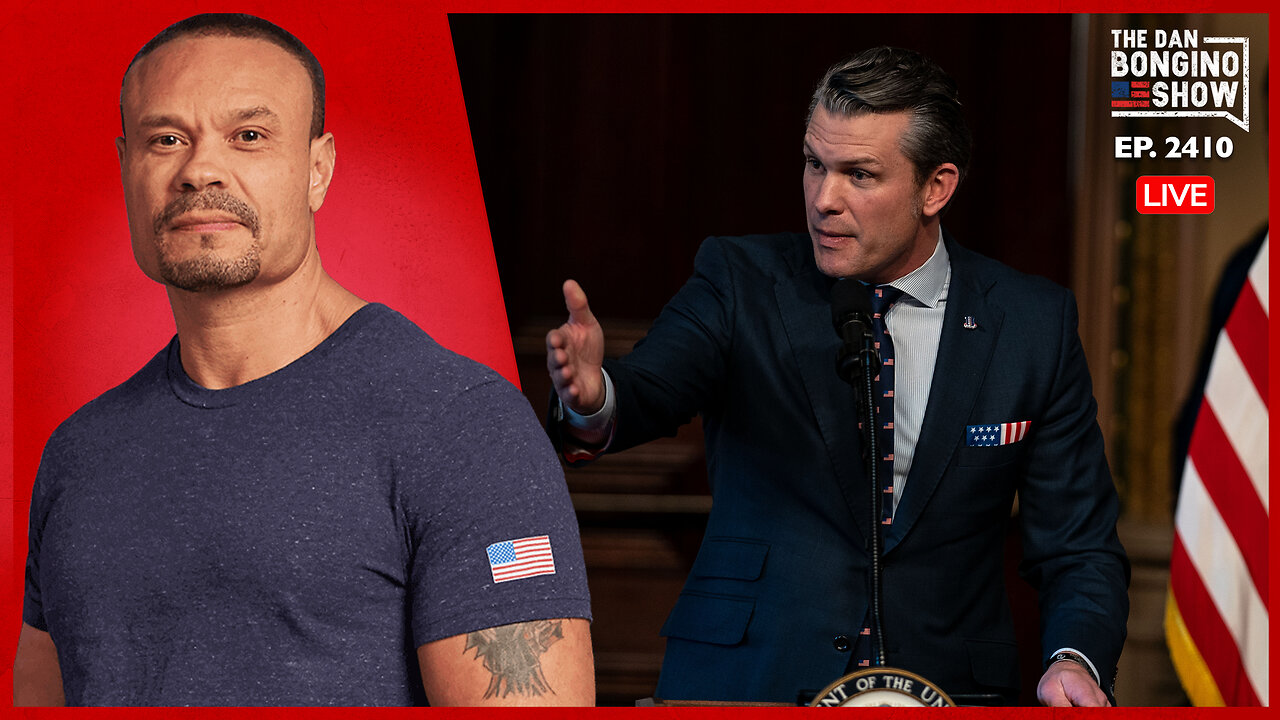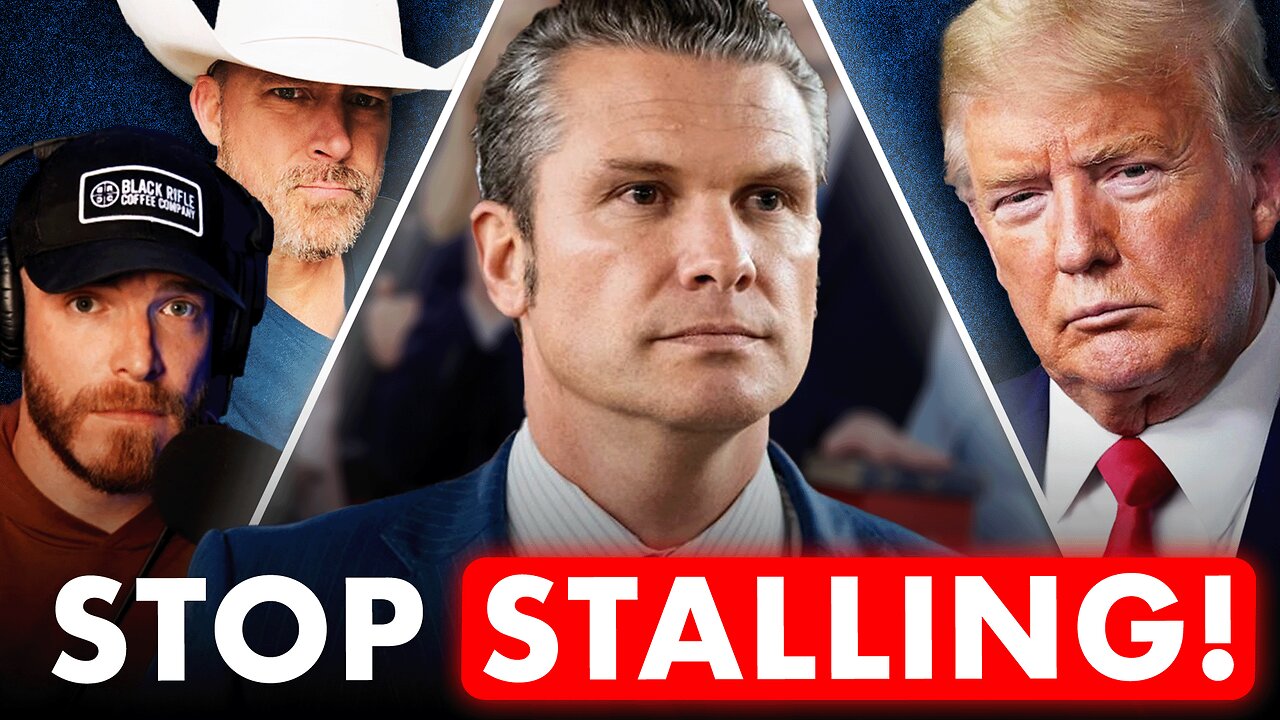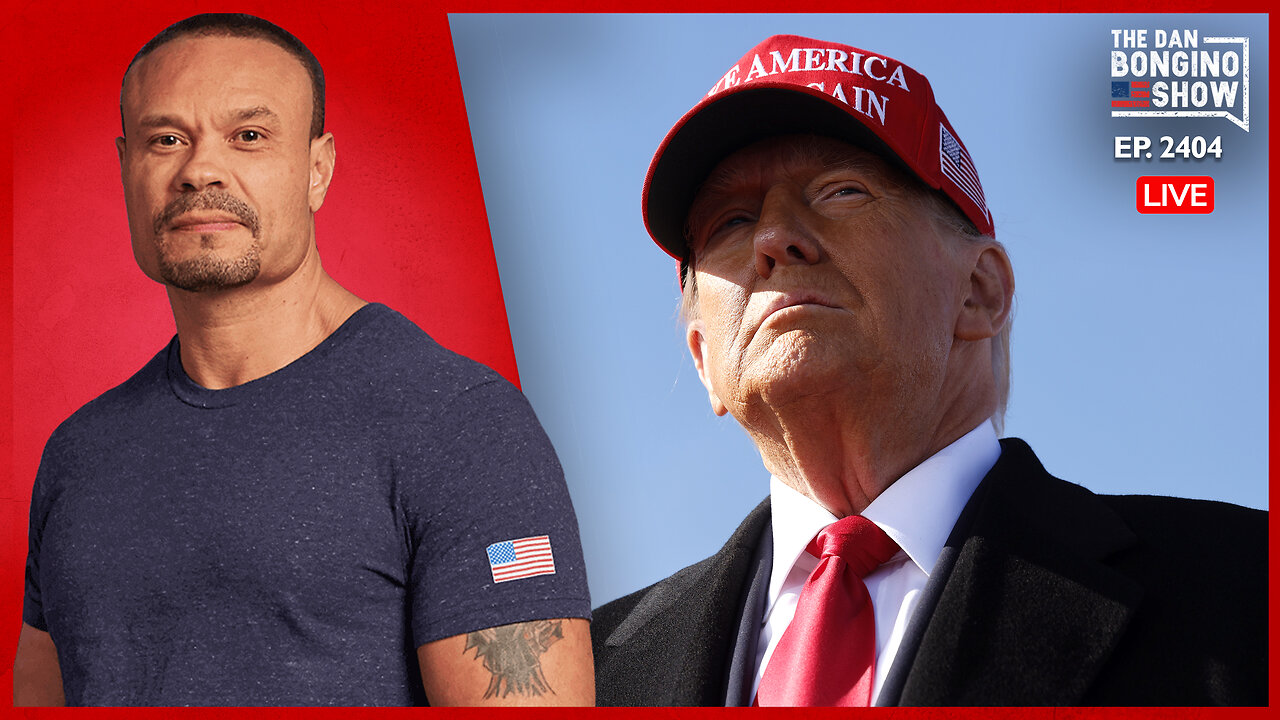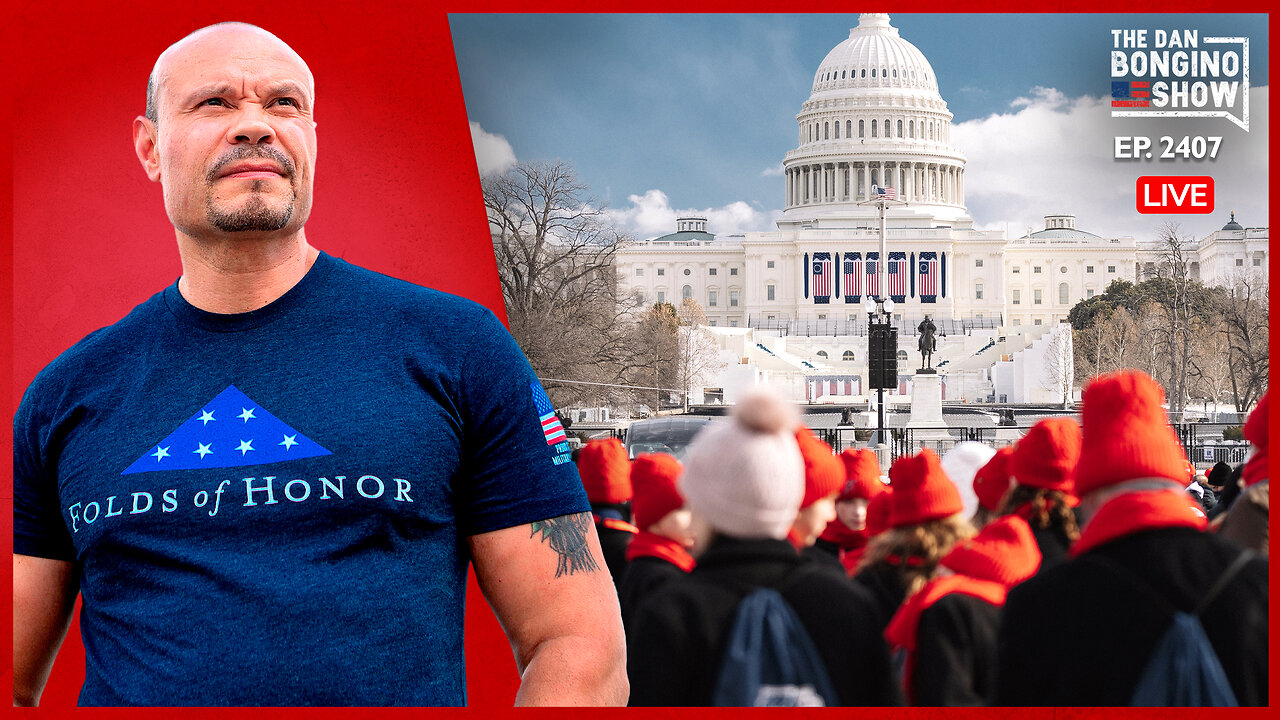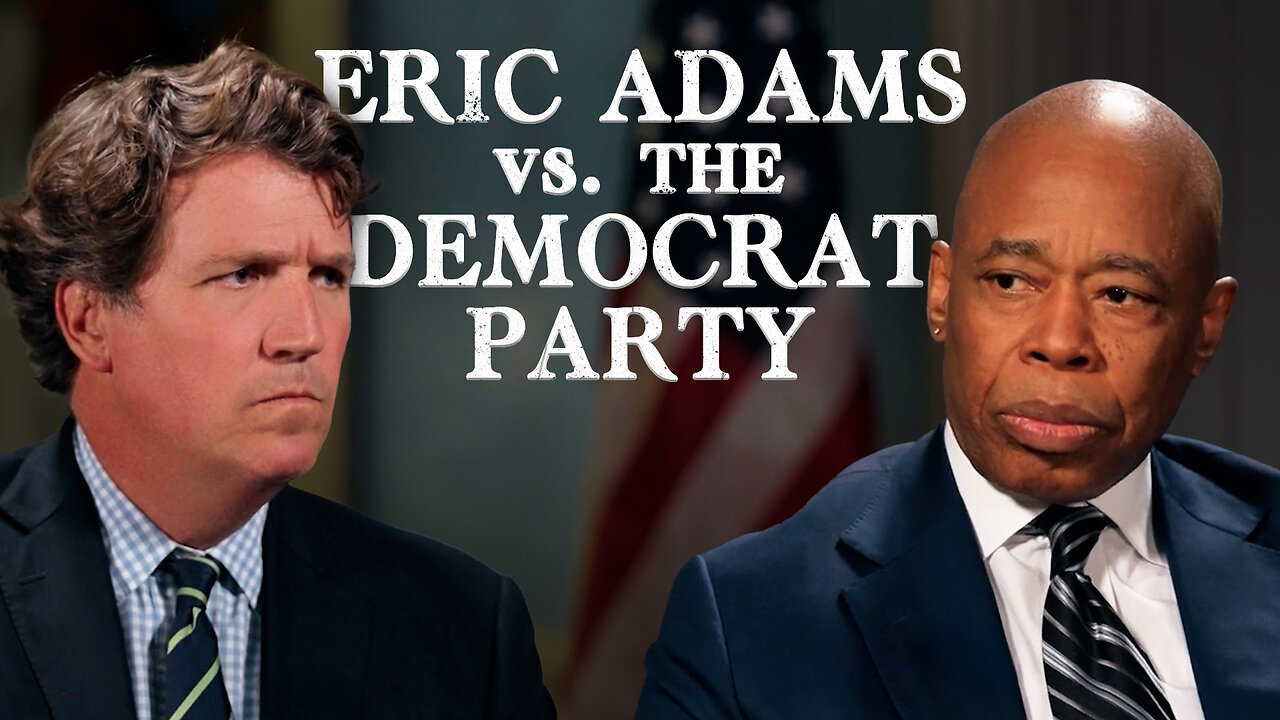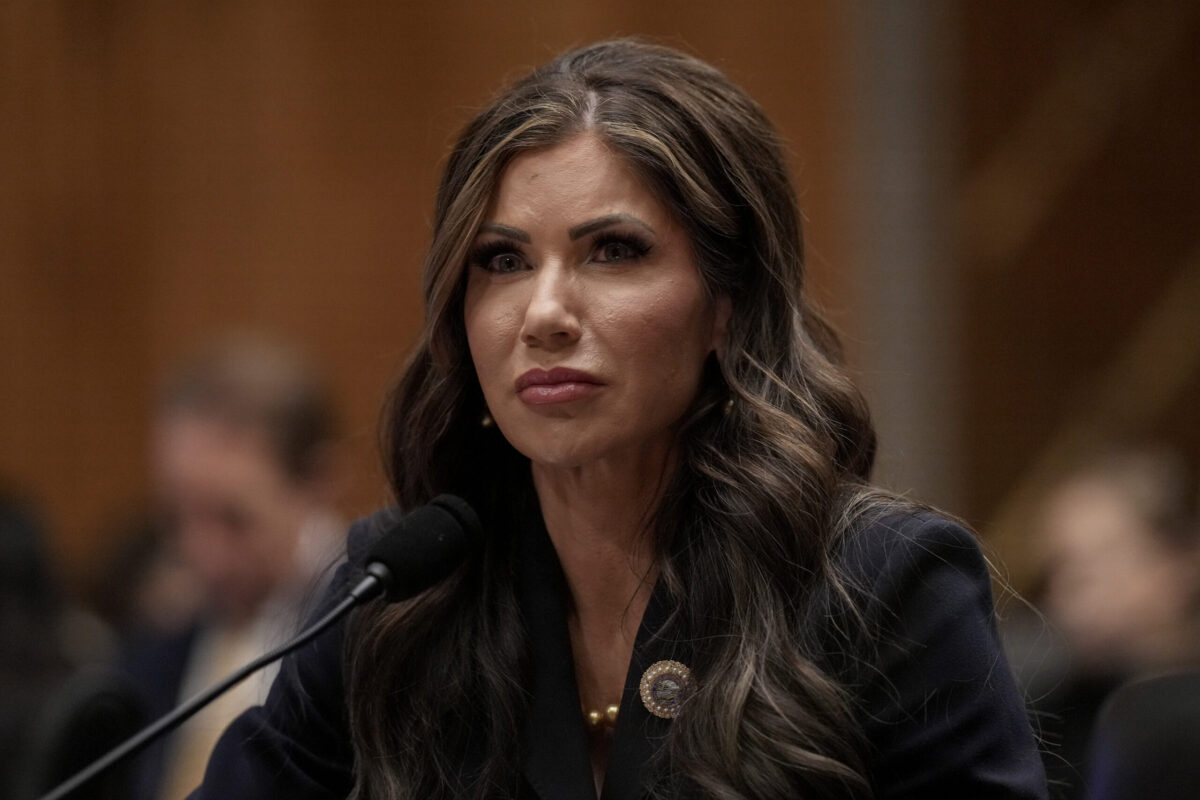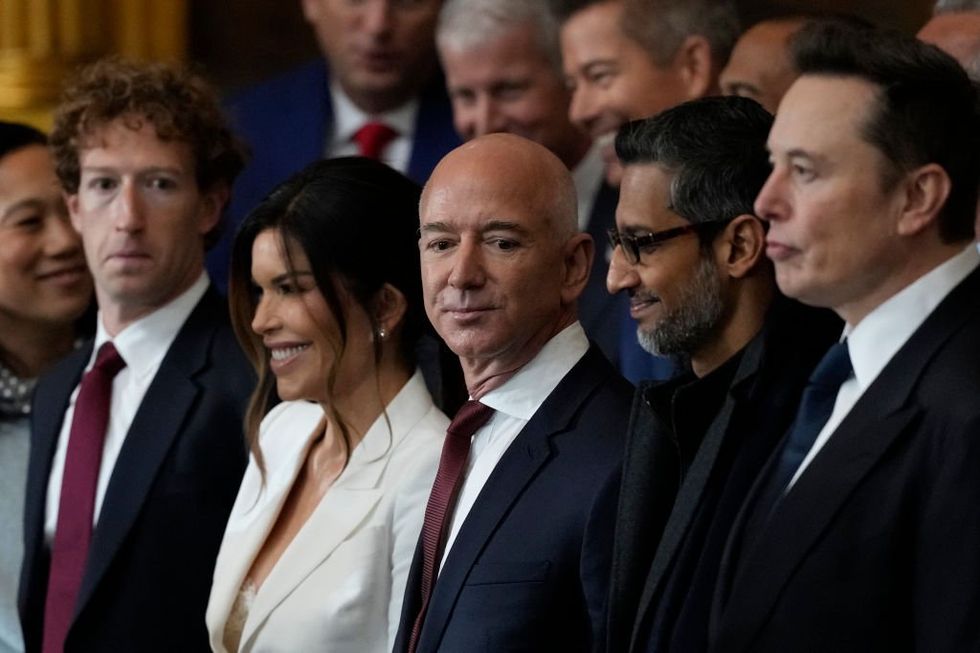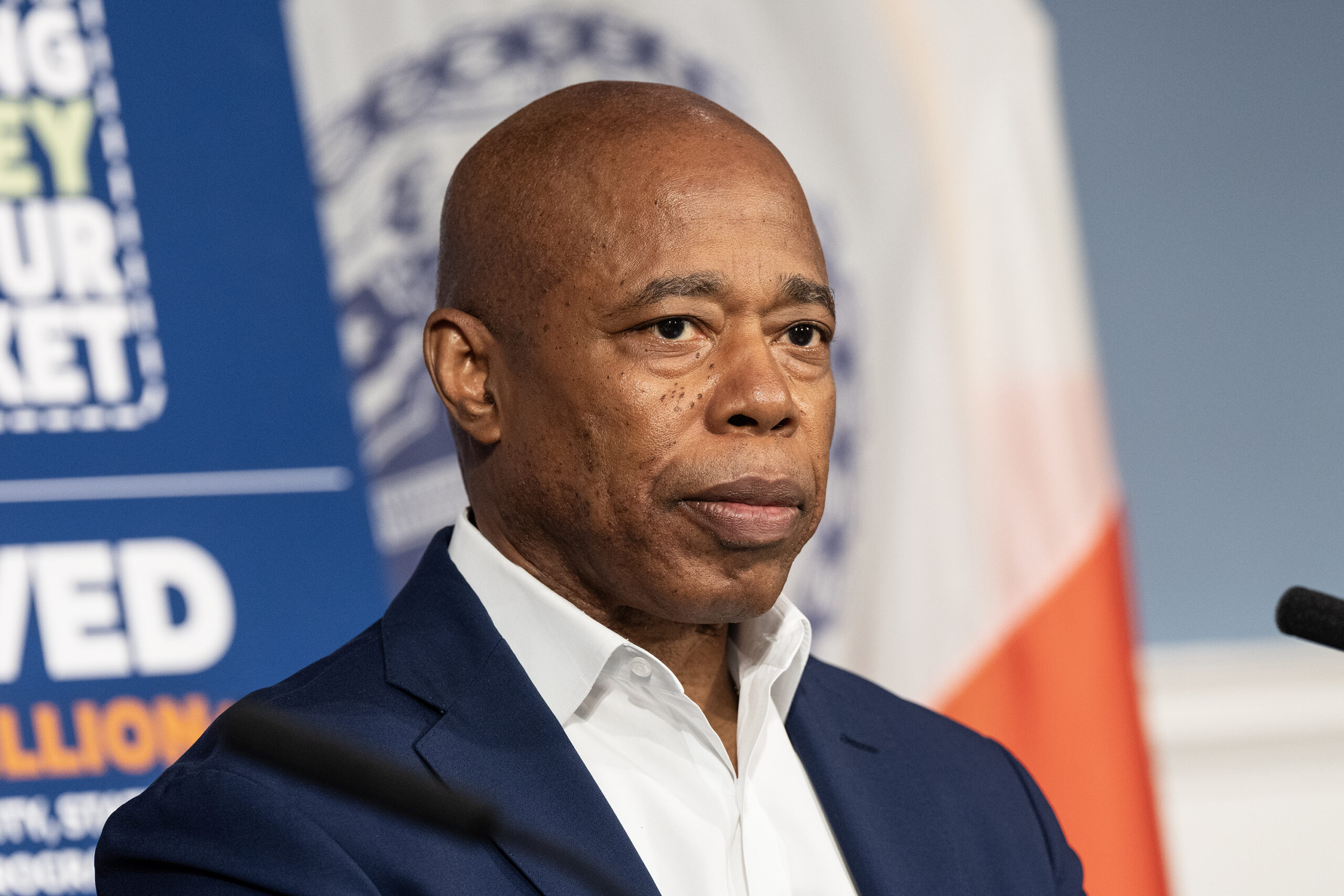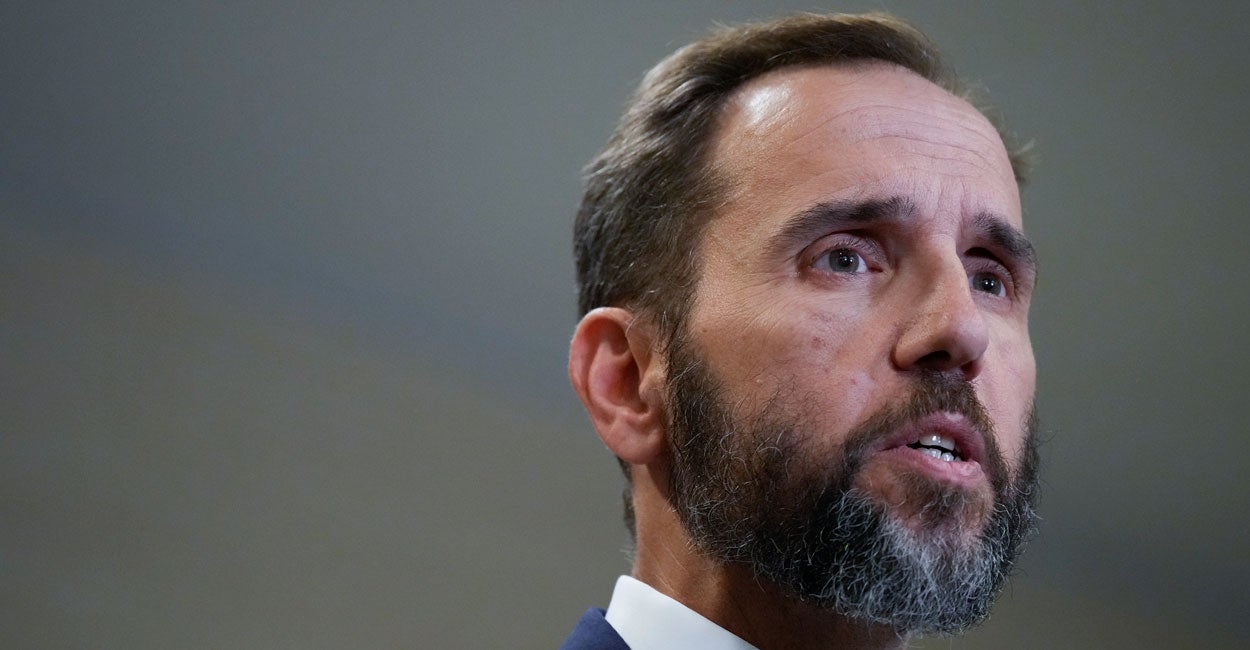The Collapse Of The Elitists
If there is one thing common to President Trump’s Cabinet picks, it is Newton’s third law of motion, which suggests that for every action, there is an equal and opposite reaction. Newton’s third law holds true in politics. For example, if you corrupt the DOJ, then President Trump is going to unleash Matt Gaetz. Or, ...
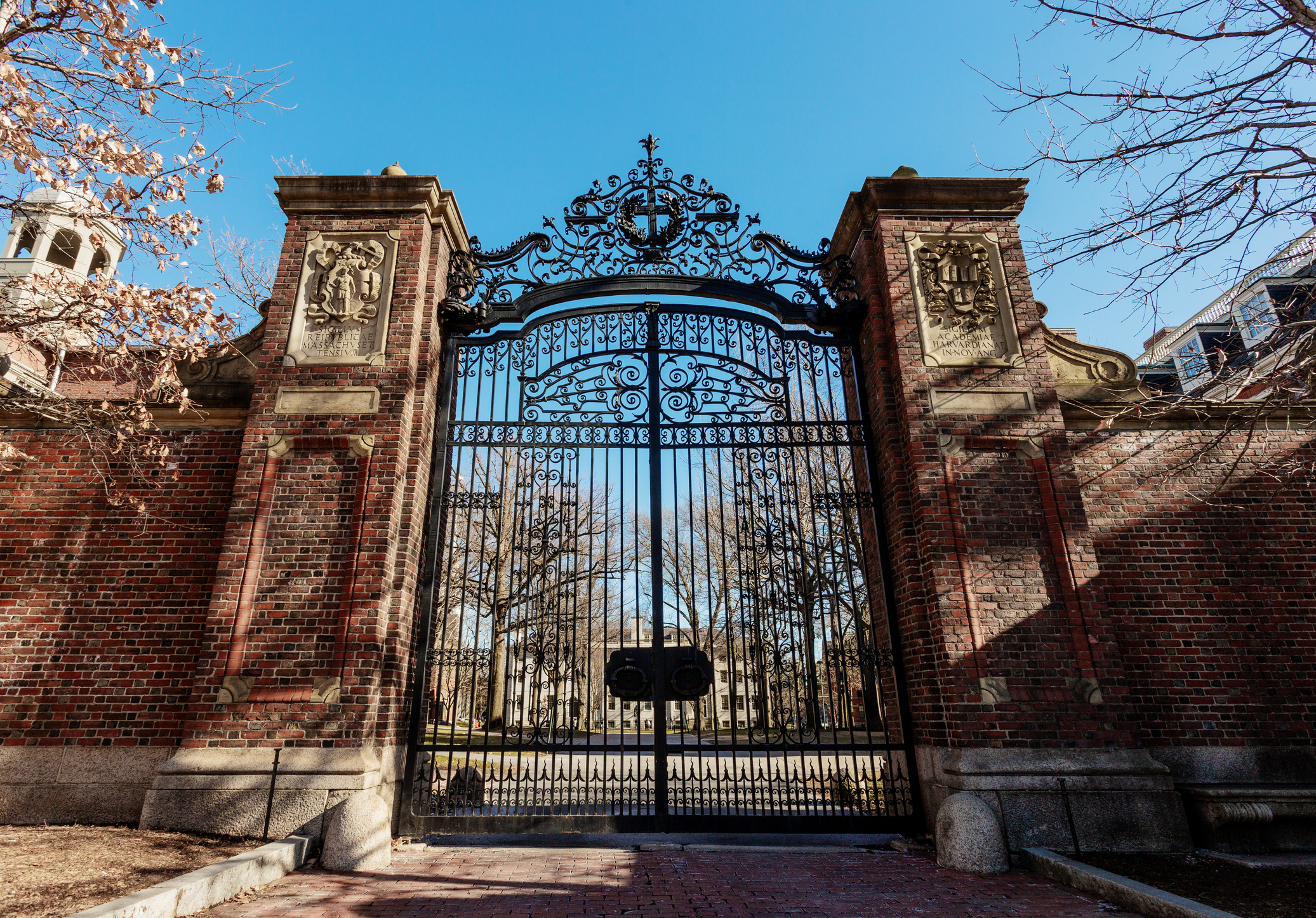
If there is one thing common to President Trump’s Cabinet picks, it is Newton’s third law of motion, which suggests that for every action, there is an equal and opposite reaction.
Newton’s third law holds true in politics. For example, if you corrupt the DOJ, then President Trump is going to unleash Matt Gaetz. Or, if you corrupt HHS, he’s going to unleash Robert F. Kennedy Jr.
This political reactivity is leading to a bit of introspection on the part of the people who backed Kamala Harris, people who hate Donald Trump. The result is a wide variety of theories as to why exactly Democrats and the Left have lost their way in the United States.
One of the most prevalent theories is being brought out by David Brooks, a former pseudo-conservative columnist for the New York Times who ended up turning toward the Left. He famously suggested that he liked Barack Obama because he liked the crease of his pants or some such nonsense. But he’s also been responsible for some interesting social theories.
He has a piece on the cover of The Atlantic this week titled, “How the Ivy League Broke America.” In it, he discusses the death of meritocracy and suggests one of the reasons outsiders like Donald Trump, Robert F. Kennedy Jr., or a wide variety of other figures have come into positions of power is a result of the failures of the so-called meritocracy. This is because Brooks has a perverse view of what meritocracy actually is.
Brooks does not believe that people who have merit ought to rise to the top in the natural evolutionary process by which people rise to the top. Instead, he is, like many members of the traditional Left, a technocrat. He believes in trying to construct systems in order to make the world a better place, rather than believing in living with the evolved systems of, say, free markets and free government. Instead, he considers himself an expert who can set up a system that will rule over hundreds of millions of people.
This is the actual plague of Western civilization. Over the course of the last century and a half, the movement from evolutionary structures of government and markets have moved toward a technocracy — a self-appointed coterie of elites — who are going to fix all problems.
In his essay, Brooks explains what he sees as the problem with the so-called meritocracy. But the problem he discusses isn’t meritocracy. He does not understand what a true meritocracy actually is. And very few people in politics, it seems, actually do.
The actual problem we are experiencing right now is the transformation of meritocracy — the idea that anyone can get ahead if they have merit — into a technocracy, ruled by an elite who reconstruct the entire society in their image. For Brooks, he isn’t solving the problem; he’s making it worse. Brooks wants to “better manage” the better managed system.
WATCH: The Ben Shapiro Show
It turns out that systems organically evolved to maximize actual merit, but we overthrew them in the name of a “better managed” system. Free markets maximize productivity and innovation; communitarian church systems maximize virtue and social bondedness. Government is a substitute for neither.
This is why colleges have collapsed. They were created in order to maximize both productivity and virtue.
The purpose of Columbia University was clear when it was founded as King’s College in 1754: according to its first president, William Samuel Johnson, “The chief Thing that is aimed at in this College is to teach and engage the Children to know God in Jesus Christ, and to love and serve him, in all Sobriety, Godliness, and Righteousness of Life, with a perfect Heart, and a willing Mind; and to train them up in all virtuous Habits, and all such useful Knowledge as may render them creditable to their Families and Friends, Ornaments to their Country, and useful to the public Weal in their Generations … that they may be qualified to make orderly and tractable Members of this Society.”
In short, Columbia University was designed to teach eternal truths; to pursue knowledge of Nature and Nature’s God; to create good citizens and good men.
Now Columbia exists not to teach either productivity or Godliness, but to teach an elite set of values that confers membership of a self-appointed aristocracy.
Brooks is not wrong in identifying a problem, but what he is railing against is not the failure of meritocracy; it is the failure of a technocracy that has been established over the course of the last century and a half — and it has failed the American people.
In The Atlantic, David Brooks writes:
In trying to construct a society that maximized talent, [James Conant] and his peers were governed by the common assumptions of the era: Intelligence, that highest human trait, can be measured by standardized tests and the ability to do well in school from ages 15 to 18. Universities should serve as society’s primary sorting system, segregating the smart from the not smart. Intelligence is randomly distributed across the population, so sorting by intelligence will yield a broad-based leadership class … eventually Conant’s vision triumphed and helped comprehensively refashion American life. If you control the choke points of social mobility, then you control the nation’s culture. And if you change the criteria for admission at places such as Harvard, Yale, and Princeton, then you change the nation’s social ideal.
Would we necessarily say that government, civic life, the media, or high finance work better now than in the mid-20th century? We can scorn the smug WASP blue bloods from Groton and Choate—and certainly their era’s retrograde views of race and gender—but their leadership helped produce the Progressive movement, the New Deal, victory in World War II, the Marshall Plan, NATO, and the postwar Pax Americana. After the meritocrats took over in the 1960s, we got quagmires in Vietnam and Afghanistan, needless carnage in Iraq, the 2008 financial crisis, the toxic rise of social media, and our current age of political dysfunction.
Brooks goes on to identify six sins of the so-called meritocracy.
The first sin: “The system overrates intelligence: The bottom line is that if you give somebody a standardized test when they are 13 or 18, you will learn something important about them, but not necessarily whether they will flourish in life, nor necessarily whether they will contribute usefully to society’s greater good. Intelligence is not the same as effectiveness.”
He is correct in that the system overrates technocratic bureaucratic intelligence. And we’ve tried to fix that by expanding the circle of the technocratic bureaucracy by saying that everyone should go to college. The problem is not elitism in this sense; the problem is the attempt to extend technocratic bureaucratic intelligence across the entirety of the American body politic. Markets would not make this mistake. The reality is that markets didn’t overrate intelligence. They adjusted for the differential qualities of all human beings. No man-made system can do that.
The second sin: “Success in school is not the same thing as success in life: Success in school is about jumping through the hoops that adults put in front of you; success in life can involve charting your own course.”
This is, yet again, true. But markets solve for that — which he continuously omits.
The third sin: “The game is rigged: The meritocracy was supposed to sort people by innate ability. But what it really does is sort people according to how rich their parents are. As the meritocracy has matured, affluent parents have invested massively in their children so they can win in the college-admissions arms race.”
Why is the college-admissions arms race what matters most? Realistically speaking, in a free market system, it isn’t. One of the great lies that people tell about economics in the United States is that there’s no income mobility, that everybody is stuck where they started. That isn’t true. But the free market system must be left alone for this to be true.
The fourth sin: “The meritocracy has created an American caste system: After decades of cognitive segregation, a chasm divides the well educated from the less well educated … The whole meritocracy is a system of segregation. Segregate your family into a fancy school district. If you’re a valedictorian in Ohio, don’t go to Ohio State; go to one of the coastal elite schools where all the smart rich kids are.”
Again, this is actually not the problem. It is, however, linked to his next point.
The fifth sin: “The meritocracy has damaged the psyches of the American elite: The meritocracy is a gigantic system of extrinsic rewards. Its gatekeepers—educators, corporate recruiters, and workplace supervisors—impose a series of assessments and hurdles upon the young. Students are trained to be good hurdle-clearers. We shower them with approval or disapproval depending on how they measure up on any given day. Childhood and adolescence are thus lived within an elaborate system of conditional love. Students learn to ride an emotional roller coaster—congratulating themselves for clearing a hurdle one day and demoralized by their failure the next. This leads to an existential fragility: If you don’t keep succeeding by somebody else’s metrics, your self-worth crumbles.”
He’s not talking about the right sort of psychic damage. The reality is not that our students are petrified of losing out in the college admissions game. The reality is that, again, the false meritocracy — the technocracy that’s been created — leads people who succeed to believe that they are members of a higher moral caste. They have a different set of values that if you put she/her pronouns in your bio; this makes you part of the coterie of the elite who are to rule society.
MATT WALSH’S ‘AM I RACIST?’ NOW STREAMING ON DAILYWIRE+
The sixth sin: “The meritocracy has provoked a populist backlash that is tearing society apart: Many people who have lost the meritocratic race have developed contempt for the entire system, and for the people it elevates. This has reshaped national politics.”
The fake meritocracy Brooks is discussing has created an American system, but not economically; rather, it has done so culturally. He’s making an economic critique rather than a cultural one, which is the actual major problem.
He says, in the end, we should redefine merit to include “curiosity, a sense of drive and mission, social intelligence, and agility.” He goes on, saying, “If the meritocracy had more channels, society would no longer look like a pyramid, with a tiny, exclusive peak at the top; it would look like a mountain range, with many peaks. Status and recognition in such a society would be more broadly distributed, diminishing populist resentment and making cultural cohesion more likely.”
This was called the free market. The problem in the United States is that we don’t have a true meritocracy anymore because people who believe they are smarter than everyone else constructed a system and then shoved people into that system.
Brooks concludes, stating that it is “your desires” that are “at the core of a person” — to which I argue that it is not just your desires. It is your duties. It is what you do in the world that should drive you to help others and contribute to your community — and your nation.
Originally Published at Daily Wire, World Net Daily, or The Blaze
What's Your Reaction?















